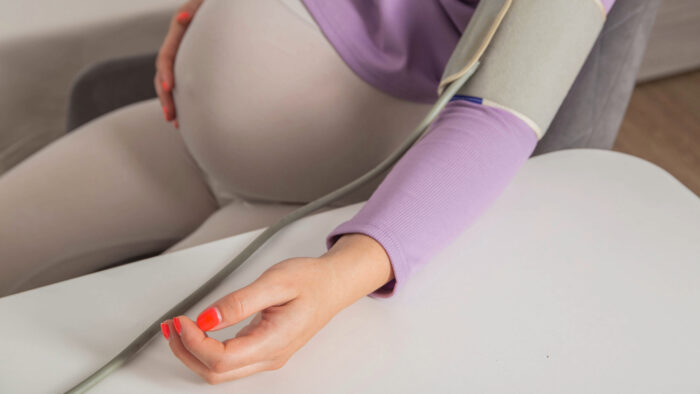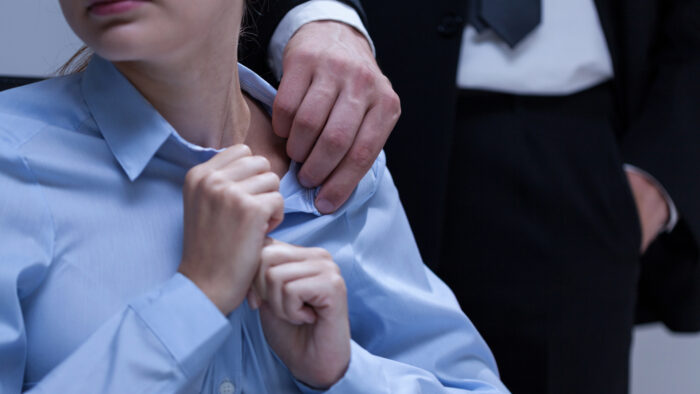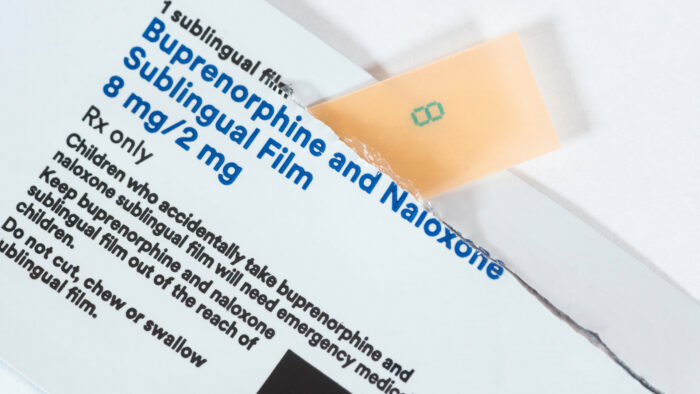HOW TO BE AN ‘EXPERT’, EXPERT
Author(s): Wendy Moore Mandel, Deanna S. Gilbert
November 1, 2015
The determination of the legal disputes that arise out of complex personal injuries has become more and more dependent upon the observations and opinions of health care practitioners. Therefore, the ability of healthcare practitioners to communicate their observations and opinions in the legal arena is vitally important to all patients who are unfortunately involved in a serious injury case.
An “expert” in a legal case is someone who is considered to have special skill, knowledge, training, or experience, such that their observations and opinions will assist the ultimate decision maker (a judge or jury) in adjudicating a legal case.
Often, treating health care practitioners are eager to help their injured patient but are unfamiliar with what may be involved. Equally, ‘independent’ health care practitioners might be keen to assess the Plaintiff for litigation purposes, but are reticent about ultimately having to testify in Court. The goal of this article is to provide potential medical expert witnesses with some (brief) insight into what may be involved in the process.
Procedure in a personal injury legal case is governed by a set of rules called the Rules of Civil Procedure (the “Rules”). There are two primary Rules which govern the contents of expert reports: Rule 4.1 and Rule 53.03.
Rule 4.1 sets out the duty of an expert. It provides that an expert must:
• provide an opinion that is fair, objective, and non-partisan;
• limit the scope of his or her opinion evidence to that which is within the scope of his or her expertise; and
• otherwise assist the Court as may be reasonably required to determine an issue.
The Rule further confirms that the expert’s duty to the Court overrides any obligation to the person by whom the expert was retained.
Rule 53.03 describes (among other things) the information that must be contained in the report.
An expert’s reports must include:
• the instructions provided to the expert;
• the nature of the opinion being sought;
• the opinion and, where there is a range of opinions, an explanation about why the opinion falls within that range;
• the reasons for the opinion, including any assumptions, research conducted, and/or document relied upon;
• a signed Acknowledgement of Expert’s Duty (Form 53);
The more persuasively the expert can express his or her opinion, the more assistance that opinion will be to the Plaintiff. However, it is important to keep in mind the fine line between being persuasive and being partisan. If an expert crosses the line into advocacy, less authority is given to the expert’s opinion. In a worst case scenario, the judge may bar the expert from testifying at trial entirely.
It is critical for health care practitioners to understand the burden of proof required in the legal realm. In civil/tort cases, the Plaintiff is required to prove his/her case “on the balance of probabilities” or that it is “more likely than not”. 100% medical certainty is not required – 51% probability is. The “more likely than not” burden applies not only to establishing the cause of the Plaintiff’s injuries, but also to any losses that have been incurred to date. The legal language and corresponding burden of proof is less when proving future losses. The Plaintiff need only prove that there is a “real and substantial risk or possibility” of a future event or loss. The use of the proper legal language in a medical report is important.
Some health care providers are called upon to give expert evidence in their capacity as a treating professional; while others are hired specifically to assess a Plaintiff and provide an opinion solely for the purpose of the litigation. Our Courts often struggled with how to accept evidence from treating health care practitioners, when their record keeping and report writing was not completed for use in a legal case and therefore has not complied with the Rules.
In a recent decision of the Ontario Court of Appeal, the Court considered the use of opinion evidence provided by treating health professionals who had not provided a Rule 53 compliant expert report and clarified the circumstances under which a treating health care professional may testify at a trial without having complied with the Rules. In the case of Westerhof v Gee, the Court concluded that a witness with special skill, knowledge, training or experience who has not been retained by a party to the litigation may nonetheless give opinion evidence without complying with Rule 53.03, where:
1. the opinion to be given is based on the witness’ observation of or participation in the events at issue; and
2. the witness formed the opinion to be given as part of the ordinary exercise of his or her skill, knowledge, training and experience while observing or participating in such events.
Health care practitioners who are called upon to give expert opinions in a Plaintiff’s case are often reticent about discussing the formation of their opinions with counsel. In January 2015 the Ontario Court of Appeal released its decision in Moore v Getahun which answered many practical questions about how lawyers and expert witnesses can interact in the preparation of expert reports and when preparing experts for giving evidence at a trial. In the decision, the Ontario Court of Appeal provided considerable guidance about how lawyers and expert witnesses should interact and about the extent to which communications or draft reports are subject to disclosure to the opposing side. Very specifically, the Court of Appeal explained:
It would be bad policy to disturb the well-established practice of counsel meeting with expert witnesses to review draft reports. Just as lawyers and judges need the input of experts, so too do expert witnesses need the assistance of lawyers in framing their reports in a way that is comprehensible and responsive to the pertinent legal issues in a case.
Consultation and collaboration between counsel and expert witnesses is essential.
The Court of Appeal also recognized that preparation of a case for trial requires an umbrella of protection that allows counsel to work with experts while they make notes, test hypotheses and write and edit draft reports. The Court of Appeal further held that draft reports need not be disclosed and the notes and records of any consultation between experts and counsel need not be disclosed – even if the expert is going to be called as a witness at trial. However, the claim of protection (a.k.a. litigation privilege) cannot be used to shield improper conduct. If there are reasonable grounds to suspect that counsel communicated with an expert witness in a manner likely to interfere with the expert witness’ duties of independence and objectivity, the court can order disclosure of such discussions.
When a legal case must be decided by a judge or jury, the ability of the medical expert (both treating health care professionals and litigation hired health care professionals) to communicate their observations and opinions to the trier of fact is crucial. The expert must be well-briefed for trial.
Expert briefings should include:
1. A review of the duty of the expert, in order to prevent the appearance of advocacy.
2. A review all of the records which may be relevant to the expert’s opinion.
3. A review of helpful and hurtful legal language.
4. A review of the theories and themes of the case.
5. A review of the facts in the case, especially if those facts have been relied upon for any assumptions or conclusions.
6. A review of other expert opinions in the case, both corroborating and conflicting.
7. A review of any authorities (e.g. textbooks), which may be put to the expert in cross-examination.
8. A review of any flaws in the expert’s report that become apparent with the fullness of time, more evidence, and intensive trial preparation.
9. A review of the contents of the expert’s file, which may have to be brought to Court.
A persuasive expert witness at a trial will:
1. Speak slowly and clearly
2. Look at the trier of fact when answering questions
3. Use simple language (wherever possible)
4. Be responsive to questions
5. Consider using visual aids
In order for the expert’s testimony to be both permitted and preferred, it is vital that the expert’s report is Rule 53.03 compliant; that the expert is aware of the boundaries that the Court will impose upon the expression of their opinions; and that the expert and his/her counsel have consulted about the preparation of the report and the presentation at trial.
View PDF version: Accident Benefit Reporter | Vol 16, Issue 2 | November 2015
Share this








